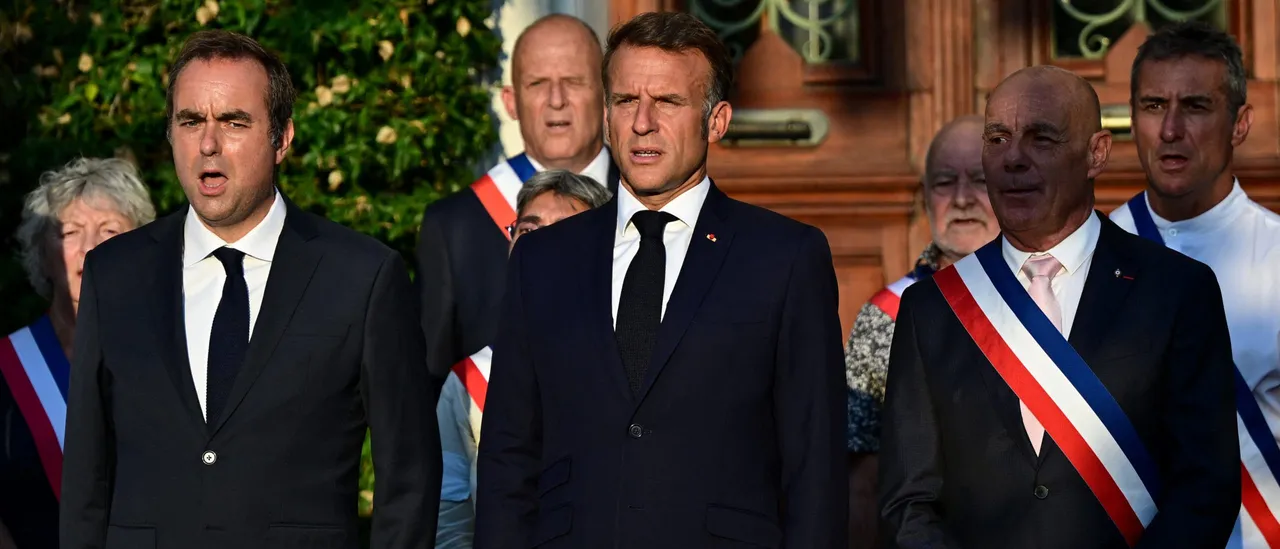French Prime Minister Sébastien Lecornu resigned on Monday, just 14 hours after announcing his cabinet appointments, marking an unprecedented end to his 27-day term—the shortest in France’s history since the establishment of the Fifth Republic in 1958. Lecornu’s resignation, under pressure from conservative lawmakers, is a significant event in the current political climate of France.
Lecornu, who was appointed as Prime Minister on September 9, 2025, replaced François Bayrou and previously held the position of Minister of the Armed Forces. His government will remain in place until President Emmanuel Macron appoints a successor, as reported by The Associated Press. The political landscape has now shifted, with Macron facing the choice of either selecting his sixth Prime Minister since his reelection in 2022 or dissolving the National Assembly and calling for early elections.
In light of Lecornu’s resignation, Marine Le Pen, leader of the far-right National Rally party, called for immediate parliamentary elections. “There is no solution, there won’t be one tomorrow: I call on the President of the Republic to dissolve the National Assembly,” she stated on social media platform X. Lecornu also expressed frustration during his resignation speech, highlighting the lack of cooperation among political parties. “I found myself in a situation where I was ready to compromise, but each political party wants the other political party to adopt its entire program,” he remarked.
The resignation stemmed from deep divisions within the French legislature, where over 320 of the 530 members hold far-left or far-right positions. Lecornu faced substantial opposition from a bloc of 50 conservatives in parliament, who objected to his choice of Bruno Le Maire for defense minister. Le Maire, who served as the economy and finance minister from 2017 to 2024, was criticized by Macron’s opponents for contributing to a rising national deficit.
Opposition parties demanded clear policy changes from Lecornu’s administration before any potential collaboration could be considered. The cabinet appointments made on Sunday included several members from Macron’s previous government, which had lost a vote of no confidence amid similar political pressures. Bruno Retailleau, leader of the center-right Les Républicains, criticized the government’s composition, noting it did not reflect the promised changes.
With a mere 48 hours to salvage his government, Lecornu has initiated discussions with political factions in hopes of maintaining stability. “I have accepted, at the request of the President of the Republic, to hold final discussions with the political forces for the stability of the country,” he stated on X. He is expected to inform Macron by Wednesday evening whether a viable agreement can be reached.
As the political situation continues to evolve, the future of France’s government hangs in the balance, with the potential for significant changes that could reshape the political landscape in the coming weeks.
